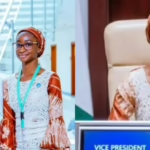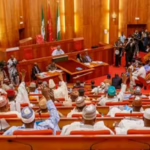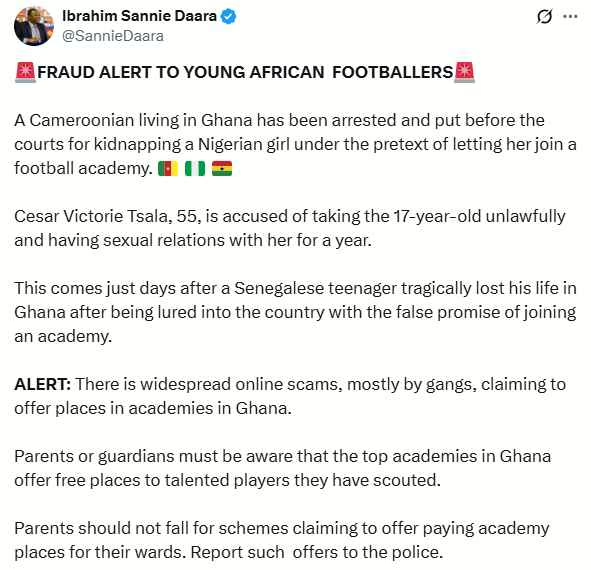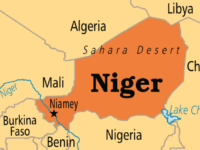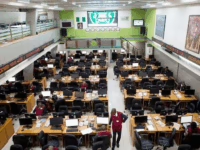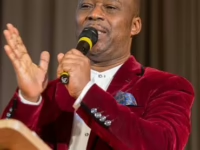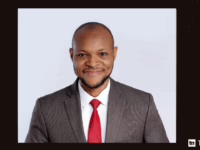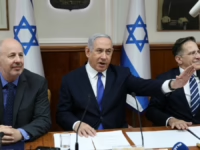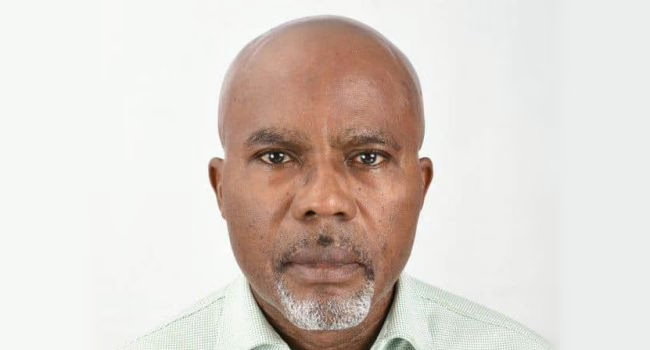LATEEF Fagbemi currently serves as Nigeria’s Attorney-General and Minister of Justice, a position he has held since August 2023. As a Senior Advocate of Nigeria-a status comparable to the King’s Counsel in the UK-Fagbemi’s legal prowess is well recognized, particularly in the realm of electoral law. His reputation was solidified through numerous high-stakes election litigation victories, culminating in his leadership of a legal team that successfully persuaded the Supreme Court to uphold the Independent National Electoral Commission’s (INEC) declaration of Alhaji Bola Ahmed Tinubu as Nigeria’s president in 2023. This landmark triumph undoubtedly played a significant role in his appointment to the nation’s top legal office. However, it is important to note that electoral court decisions in Nigeria often transcend strict legal interpretation, influenced by systemic judicial corruption. Additionally, Fagbemi’s Yoruba heritage added a political dimension to his selection. In Nigeria, the role of Attorney-General and Minister of Justice is inherently contentious, with officeholders expected to prioritize the president’s interests over those of the citizenry-a reality Fagbemi shares with his predecessors.
In many countries, the roles of Attorney-General and Minister of Justice are distinct, allowing the Attorney-General to maintain a degree of impartiality while the Minister may engage in partisan politics. Nigeria has seen intermittent calls to separate these offices, but such efforts have lacked sustained momentum. For instance, in 2023, opposition lawmakers from the Peoples Democratic Party (PDP) introduced a bill in the House of Representatives aimed at amending Section 150 of the 1999 Constitution to establish the Attorney-General of the Federation as a separate entity from the Minister of Justice. The bill, sponsored by Mansur Soro of Bauchi State and Oluwole Oke of Osun State, also proposed similar changes for state-level Attorney-Generals under Section 195. Despite receiving some legislative attention, the bill’s progress stalled, likely due to the mass defection of PDP members to the ruling All Progressives Congress (APC), weakening opposition influence. Moreover, supporting such a bill within the APC would be politically untenable, given the party’s centralized control. A previous attempt to separate these offices in 2017 failed when it did not secure the required two-thirds approval from state assemblies.
As both Attorney-General and Minister of Justice, Fagbemi operates as a staunch loyalist to President Tinubu and the APC, with the interests of Nigerians often relegated to a lower priority. His role as the president’s chief legal advisor demands alignment with Tinubu’s political agenda, where independent judgment is rarely rewarded. Together, Tinubu and Fagbemi have leveraged the Supreme Court’s compliance to advance their objectives, such as the controversial move to recognize Nigeria’s 774 local government areas as federating units alongside the federal and state governments. Their justification hinged on constitutional provisions mandating financial autonomy for local councils, yet they conveniently overlooked clauses granting states supervisory authority over these councils. The Supreme Court’s ruling in their favor, while legally binding, has proven to be a hollow victory, as state governors continue to divert council funds for personal use. A more pragmatic solution would have been to remove local governments from the Constitution altogether, allowing states to create and manage local administrative units at their discretion.
RELATED READ: Opinion: Sowore and the Nnamdi Kanu Protest
In his capacity as the president’s legal counsel, Fagbemi has been implicated in the constitutional irregularities surrounding the six-month suspension and removal of the elected governor, deputy governor, and lawmakers of Rivers State’s House of Assembly, followed by the appointment of a questionable Sole Administrator. While an Abuja court later ruled on procedural technicalities, the substantive challenge to the president’s actions remains unresolved in the judiciary, which many now view as an extension of executive power. Similarly, Fagbemi endorsed the withholding of financial allocations to Rivers State’s local councils following a disputed election, only to later support releasing funds to unelected councils under the Sole Administrator-contravening a Supreme Court ruling that prohibits federal funding for unelected local governments. He has also played a role in the political deadlock in Osun State, siding with APC claimants over PDP incumbents for local council chairmanships. Reports indicate that the PDP governor of Osun and his affluent nephew have resorted to personally financing local government workers, a situation that underscores the dysfunction in subnational governance.
Most recently, Fagbemi has been involved in reviewing a presidential proclamation granting clemency and pardons to various detainees, including convicted drug traffickers and murderers. This review process, occurring after the public issuance of the pardon, suggests that ultimate authority no longer rests solely with President Tinubu. It also casts doubt on the influence of the National Council of State-a body comprising former presidents, heads of government branches, governors, and other dignitaries-whose input appears to have been disregarded. This delay and apparent lack of thoroughness reveal a troubling façade of governance, where critical decisions are rubber-stamped without adequate preparation or scrutiny. Such practices raise serious questions about the suitability of Fagbemi for his esteemed office.
In many jurisdictions, once a presidential pardon is publicly granted, it cannot be revoked arbitrarily, especially after due consultation with relevant state institutions. The Attorney-General’s current stance on potentially altering an already issued pardon sets a dangerous precedent. Arguments that the pardon has not yet been gazetted or that beneficiaries remain incarcerated are insufficient to justify this reversal. Should the government proceed with rescinding pardons, it would confirm widespread perceptions of incompetence and insincerity in governance. Moreover, affected individuals might seek legal redress, citing discrimination and psychological harm, though the judiciary’s compromised independence may limit their chances of success.
Beyond allegations that the controversial pardons favor political allies, there is a broader concern about their impact on law enforcement morale and public safety. Pardoning drug traffickers undermines the efforts of agencies like the Nigerian Drug Law Enforcement Agency (NDLEA), discouraging dedicated officers and emboldening criminal enterprises. This leniency risks increasing drug addiction rates, exacerbating social problems and straining healthcare systems. The administration of justice suffers when hard-won victories can be undone by a casual presidential signature. Regardless of the outcome, Nigeria stands to lose ground in its pursuit of law, order, and moral clarity.
AUTHOR: UGO ONUOHA
The views expressed in this article are those of the author and do not necessarily reflect the official position of this website.


